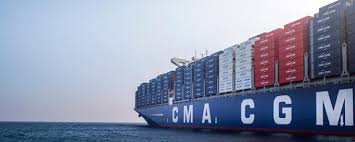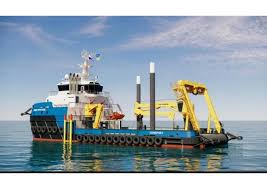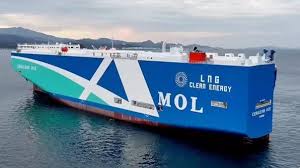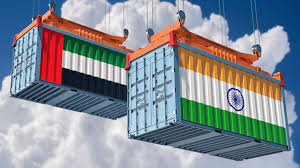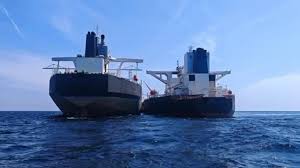Vizhinjam Terminal draws shipping lines amid Colombo Port delays, signaling a shift in transshipment dynamics.
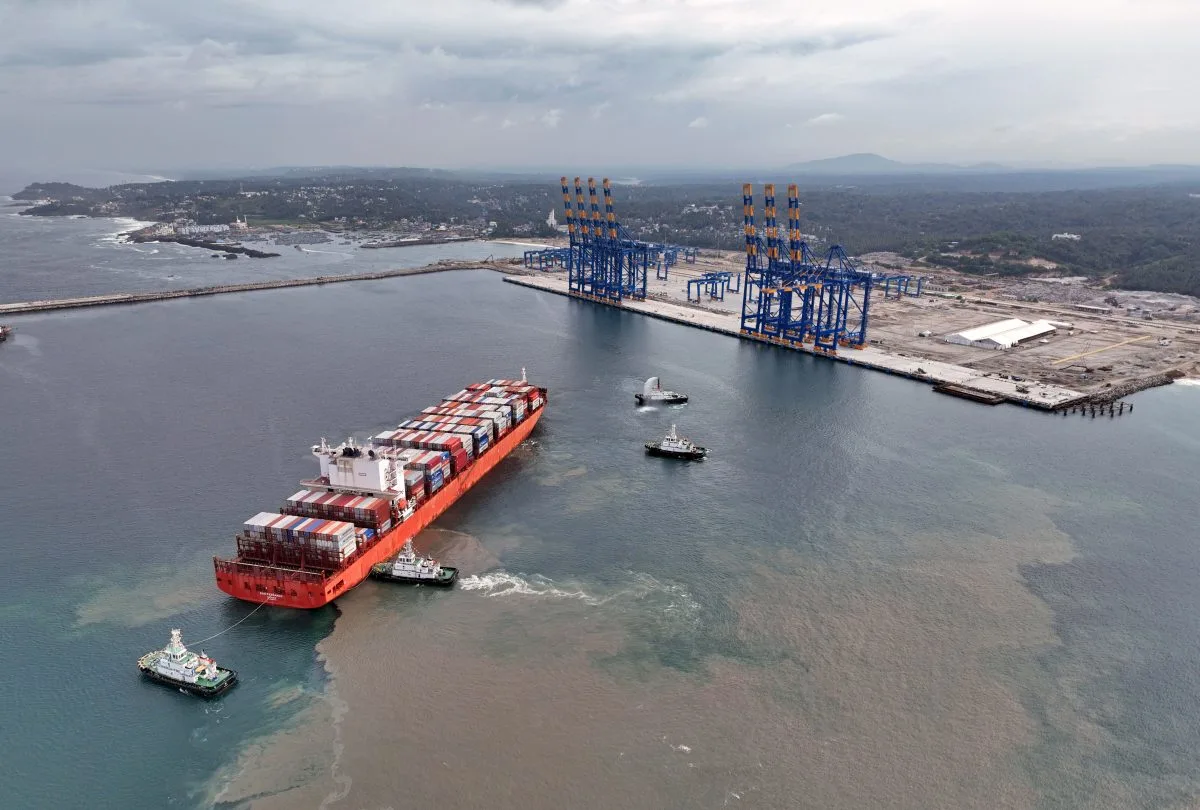
International shipping lines are increasingly looking to the newly inaugurated Vizhinjam Transshipment Terminal, driven by significant delays caused by cargo congestion and operational disruptions at Colombo Port. The Vizhinjam terminal has been receiving numerous inquiries from shipping lines seeking alternative berthing facilities due to the persistent congestion at Colombo, leading many to bypass the port altogether.
“We are getting enquiries from shipping lines for berthing facilities, but it would take some more time to accommodate vessels,” stated an official source at Vizhinjam International Seapor.
Reports indicate that ships calling at Colombo have faced delays exceeding five days due to congestion and a customs strike, which has slowed cargo clearing and reduced June’s shipping volumes, causing a backlog.
Binu K.S., President of the Kerala Steamer Agents Association, emphasised that Vizhinjam, while not a Special Economic Zone, could become a pivotal hub for larger container vessels, potentially surpassing Cochin’s transshipment volumes once additional documentation requirements are streamlined.
The ongoing congestion at Colombo is disrupting major shipping schedules, prompting carriers to skip some ports en route to the US and Europe. A source in the shipping industry remarked that Vizhinjam Port presents a viable alternative for India’s Exim trade, reducing reliance on Colombo. Alongside Vizhinjam, Cochin is also poised to offer a cost-effective solution for transshipment.
During the inaugural ceremony, Karan Adani, Managing Director of Adani Ports and Special Economic Zone, announced that the first phase of the Vizhinjam project is set for completion before December, with an expected annual capacity of handling one million TEUs.






